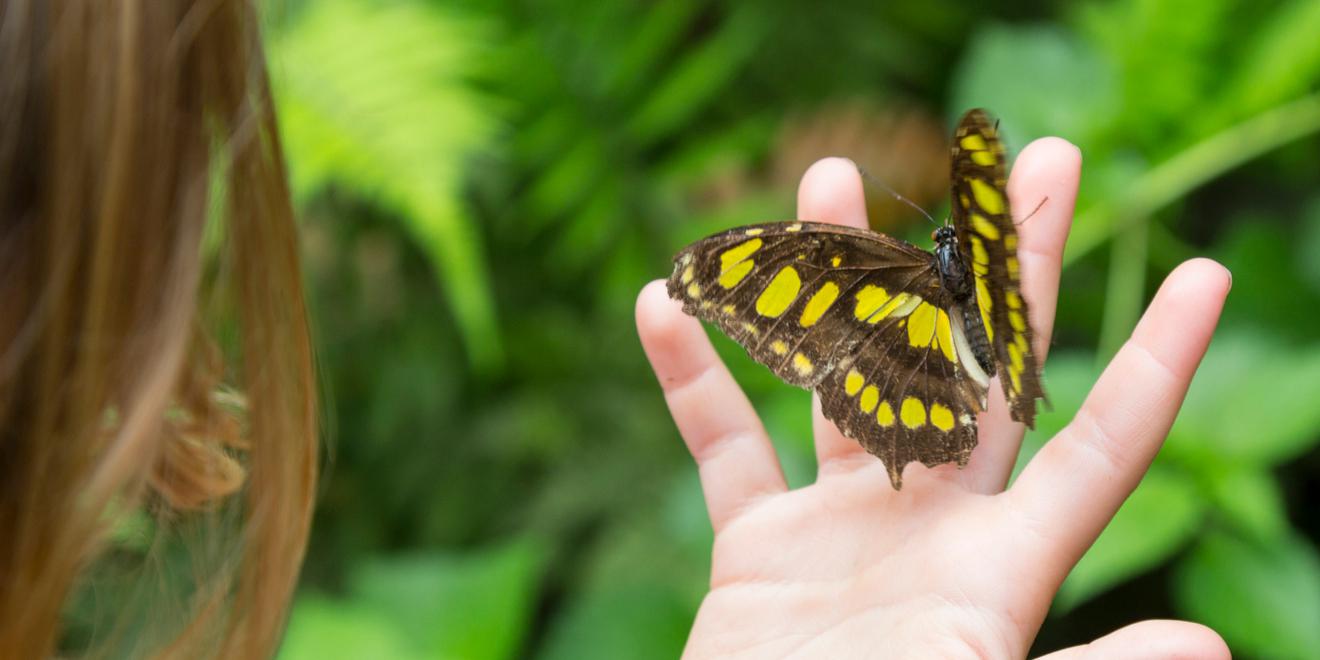Are tick bites itchy?
Posted by Mosquito Squad
December 20, 2023
The answer to your question is Yes! Tick bites are itchy.
Ticks are tiny arachnids that survive by attaching themselves to hosts, including mammals, birds, and even humans. They feed on their host's blood, a process that can take several days. During feeding, ticks inject their hosts with saliva that contains a cocktail of enzymes to help them anchor securely and suppress the host's immune response. It's this saliva that triggers the itchiness associated with tick bites.
The Itch-Inducing Culprits
- Histamine Release: Ticks inject their hosts with protein-rich saliva that often contains histamine-like compounds. Histamine is a chemical produced by our bodies as part of the immune response and is responsible for various allergic reactions. When histamine is introduced through a tick bite, it can cause localized swelling, redness, and itching.
- Immune Response: When the body detects a foreign substance, such as the tick's saliva, the immune system goes into action. This response involves the release of cytokines and other inflammatory molecules, which can lead to itching and discomfort. The immune system's attempt to neutralize the foreign molecules can result in red, swollen, and itchy skin around the tick bite.
- Nerve Stimulation: Ticks also insert their mouthparts deep into the skin, potentially stimulating nerve endings and causing irritation. This physical irritation, combined with the compounds present in their saliva, can contribute to the intense itching sensation.
- Delayed Reaction: Interestingly, the itching from a tick bite might not appear immediately. It can take hours or even days for the body to mount a noticeable immune response, which might explain why the itchiness often seems to develop after removing the tick.
Alleviating the Itch
- Tick Removal: Proper tick removal is the first step in alleviating itchiness from a tick bite. Using fine-tipped tweezers, grasp the tick as close to your skin's surface as possible and pull upward with steady, even pressure. Avoid twisting or jerking, as this can cause parts of the tick to break off and remain in the skin.
- Clean the Area: After removing the tick, clean the area with soap and water. This helps minimize the risk of infection and might also help reduce the itchiness.
- Topical Treatments: Over-the-counter creams and ointments containing hydrocortisone can temporarily relieve inflammation and itchiness. Calamine lotion and antihistamine creams can also help alleviate symptoms.
- Cold Compress: Applying a cold compress to the affected area can help numb the itchiness and reduce swelling.
- Avoid Scratching: As tempting as it may be, scratching can worsen the itch and potentially lead to infection. Try distracting yourself with other activities or use gentle taps instead of scratching.
The itchiness caused by tick bites results from the complex interplay between the tick's saliva, the body's immune response, and nerve stimulation. While it might be challenging to prevent the itch completely, understanding the underlying mechanisms can help us manage and alleviate the discomfort more effectively. Remember, if you notice any signs of infection, persistent swelling, or unusual symptoms, it's best to consult a healthcare professional for proper guidance and treatment.















